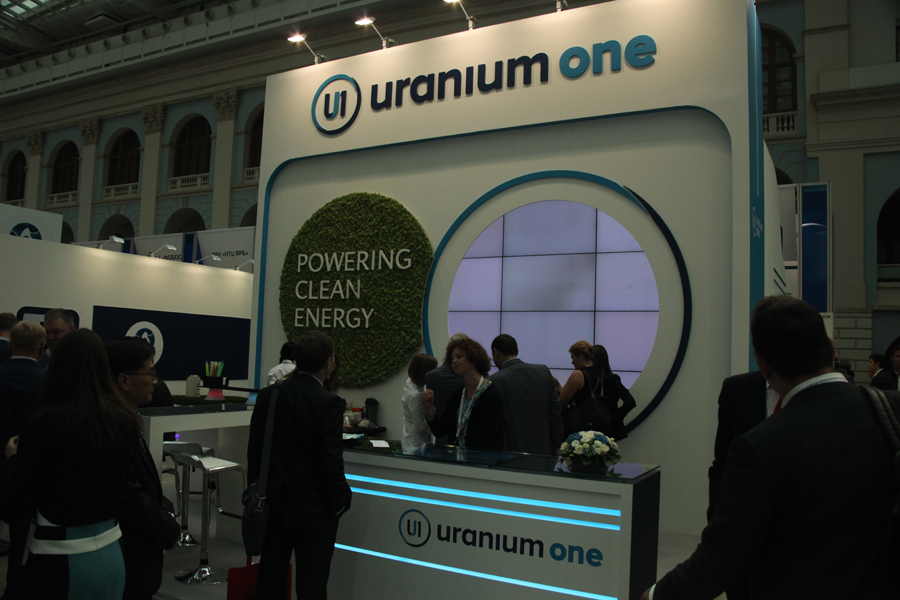The Uranium One Group, a Russian state corporation Rosatom subsidiary, is constructing a lithium production facility in the Pastos Grandes salt flats in Potosí, Bolivia.
In partnership with Bolivian state-owned company Yacimientos de Litio Bolivianos (YLB), it has joined Russian and Chinese corporations to fund a US$1.432 billion lithium extraction venture.
Out of the total, US$857 million is allocated by Chinese company Citic Guoan, while Uranium One Group is responsible for the remaining US$575 million.
Distinct from similar projects, Uranium One Group aims to utilize geothermal energy from the salt flats to optimize lithium production, resulting in a relatively lower investment.
Geothermal wells in Bolivia’s Andes region will be harnessed to generate sustainable electricity.
This innovative approach aims to increase the project’s technical and economic efficiency, as per experts in the field.
By 2025, the project is projected to yield 25,000 tons of lithium annually, contributing significantly to Bolivia’s lithium production capacity.
Together with other ongoing projects, Bolivia is expected to produce 100,000 tons of lithium per year by 2025, positioning the nation as a leading global producer of the mineral.
In addition, the use of Direct Lithium Extraction (EDL) technology in these projects is anticipated to expedite lithium extraction from brine, boosting production while reducing costs.
The Bolivian government continues to seek additional agreements for more lithium processing plants, leveraging the country’s vast lithium reserves.
This will lead to job creation and advancement in the production of batteries and electric vehicles.
Both Russian and Chinese companies bring extensive experience and technological innovation to this ambitious endeavor.
With information from Sputnik


